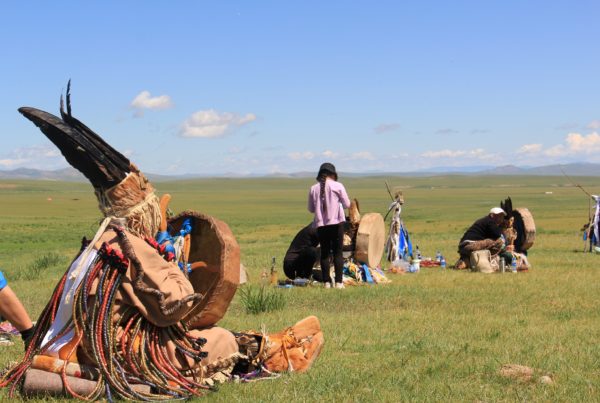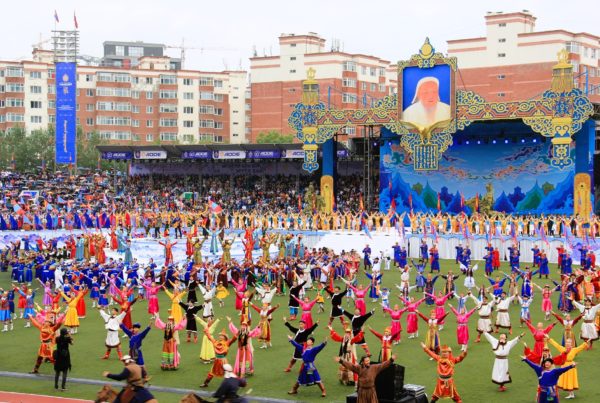Mongolia has a rich cultural heritage that has been shaped over centuries by the beliefs, customs, and practices of its people. One of the most important aspects of Mongolian culture is the emphasis on family and the role of parents in raising their children to become responsible citizens. To achieve this goal, Mongolians have always placed great value on educating their children through traditional customs that have been passed down from generation to generation.
According to an old Mongolian saying, failing to follow the customs is a sin that will result in punishment. This belief reflects the importance of traditional customs in shaping the behavior and values of individuals and society as a whole. The premium ancestors of Mongolia believed that social and governmental changes could lead to the emergence of bad habits and unpredictable, strange things. Therefore, it was crucial to remember and follow traditional customs to avoid any embarrassment and keep the nation clean and clear of any unwanted habits.
Traditional Customs Role in History
The Khunnu people, the ancient ancestors of the Mongolian people, played a significant role in shaping the customs that are still followed today. These customs reflect the beliefs and values of the Mongolian people and have helped shape the country’s identity. Mongolian political thought emphasizes the responsibility of parents for their children’s maturity and the government’s responsibility for their education. Traditional Mongolian customs play a significant role in fulfilling these responsibilities and ensuring that children grow up to be responsible citizens who honor their heritage.
Mongolians have always used unique methods related to nature, the environment, and their customs to educate their children. These customs are deeply ingrained in the Mongolian culture and have helped shape the country’s values and beliefs. For example, the practice of eagle hunting, a traditional sport where hunters use trained eagles to hunt prey, is not only a way of life but also a means of passing down skills and values to future generations.
In conclusion, traditional Mongolian customs are an essential part of the country’s cultural heritage and play a vital role in shaping the values and beliefs of its people. By passing down these customs from generation to generation, Mongolians ensure that their children grow up to be responsible citizens who honor their heritage and contribute to the development of their country.




